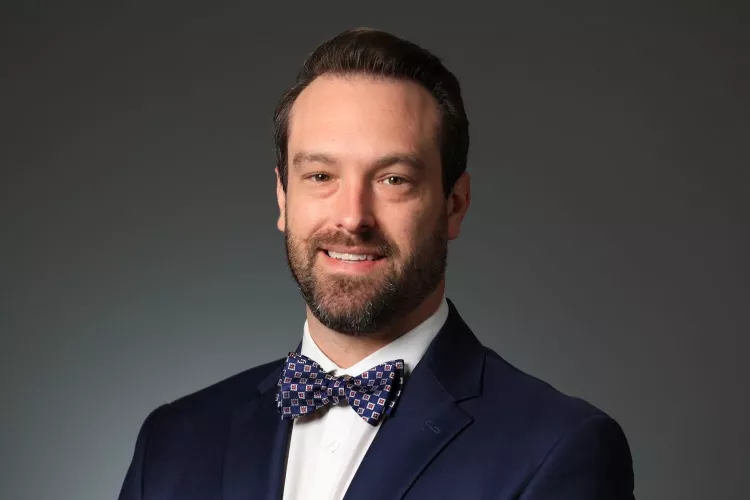UofL research extending usable life of heart tissue could help speed medical innovation
October 2, 2024University of Louisville research could help spur new medicines by extending the usable life of test heart tissue from one day to 12. The findings were published in the journal Nature - Communications Biology.
Biomedical researchers use slices of heart tissue to test the effectiveness and toxicity of new drugs, drug candidates and gene therapies. Until recently, the limited, 24-hour usable life of those slices created a major barrier to drug discovery, slowing down the development of new, potentially life-saving medications.
UofL methods, developed by a multidisciplinary team from the School of Medicine and J.B. Speed School of Engineering, extended the tissue’s usable life first to six days with a discovery in 2019, and now to 12 days, by mimicking the conditions experienced by a living heart. The tissue ‘lives’ in a pneumatic chamber, receiving electrical stimulation and nutrition and pumping air instead of blood.
"We’ve created a complete cardiac cycle within the chamber, so the heart tissue stays pumping and viable for longer,” said Tamer M. A. Mohamed, an associate professor of medicine who led the research. “This system will save time and costs of clinical trials during Phase 1 research, which includes testing for toxicity and proof of efficacy."
Because of the short shelf-life of human heart tissue, he said, many drug candidates today are tested in ways that don't perfectly emulate living heart tissue or use tests that otherwise don’t show the full range of potential side effects related to cardiotoxicity. This could be a reason some drug candidates to fail Phase 1 clinical trials or be taken off the market after being launched for clinical use. The UofL team believes giving researchers a bigger window in which to test could lead to better, safer medications.
“A longer shelf-life gives them more time for proper testing and access to the right materials,” said Jessica Miller, a graduate student researcher and an author on the paper. “That could lead to faster advancements in how we treat heart-related conditions.”
The UofL methods and culture device are patent-pending and available for license through the university’s Office of Research and Innovation. The researchers also have been working with the entrepreneurs in residence team — part of the office’s entrepreneurial arm, UofL New Ventures — to explore potential paths to market.
Baylee Pulliam leads research marketing and communications at UofL, building on her experience as an award-winning business, technology, health care and startups reporter. She is a proud product of the UofL College of Arts and Sciences, where she earned her undergraduate degree in English. She also holds an MBA, a Master of Arts in Organizational Leadership and is pursuing a Ph.D. in the latter with a focus on corporate innovation.



